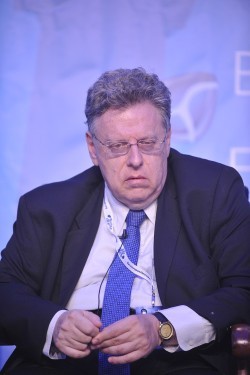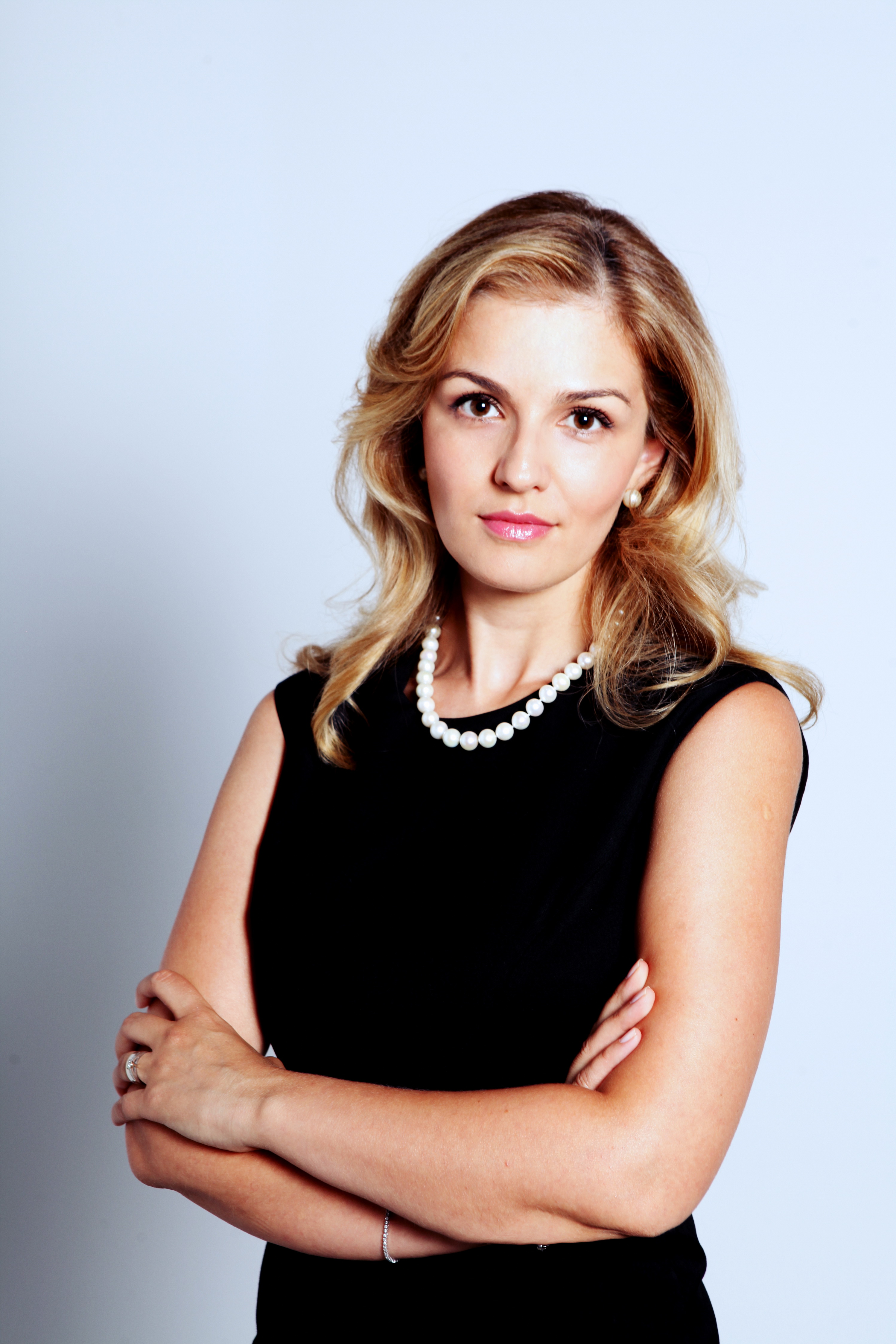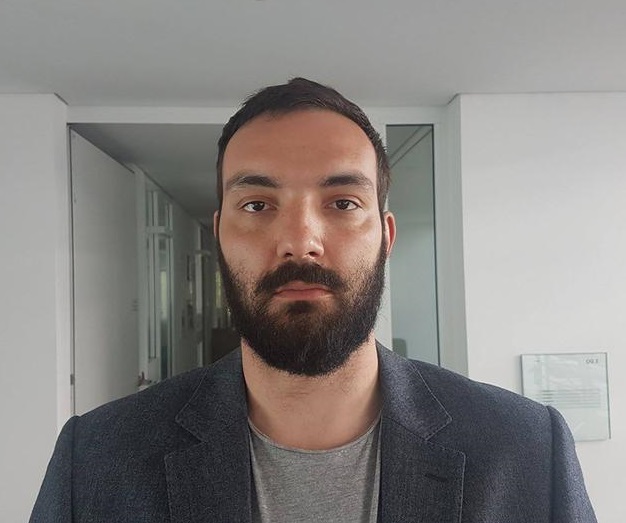Session 9: Propaganda and Disinformation: Will Technology Save Us?
Discussion Points:
- What triggered our transition to the post-truth era?
- Weren’t advances in technology supposed to alleviate, or eliminate the risk altogether?
- To fight propaganda and disinformation, what should we strive for? What should be our goal?
- What tools are at our disposal?
Background:
For several years now we have been living in this “post-truth” age, with lies and fictions all around us. The phrase “fake news” morphed from “a description of a social media phenomenon into a journalistic cliche and an angry political slur” (Mike Wendling). However, propaganda and disinformation are nothing new. (Yuval Noah) Harari goes as far as to write that humans are a “post-truth species”, “whose power depends on creating and believing fictions”. Stories – mostly fictional – create the basis for cooperation with “millions of strangers”. Fiction can be a force for better or worse. It can be used to motivate people, bring them together, but also, create confusion and stir conflict.
What is new is this “unique marriage between social media algorithms, advertising systems, people prepared to make stuff up to earn some easy cash and an election that gripped a nation and much of the world” (Mike Wendling). How else would the actions of people in Veles – to take just one example – influence choices made by voters at another continent? But they fall on fertile ground. One feature modern European and Western societies have in common seems to be hyper-partisanship, caused by ever-increasing polarization. Strict adherence to one of multiple competing (and mutually exclusive) narratives makes people suspect to propaganda, “fake news” included.
A pattern has emerged in the run-up to elections across Europe. Stories with potential “to cause turmoil in an already raucous political debate” (Yasmeen Serhan), provoking – most typically – “anti-immigrant and anti-establishment sentiment” get shared by voters instantaneously. Who fabricated them might remain unclear, but what is, is that it is “targeted disinformation designed to influence elections” (Serhan). As NGOs, companies and countries try to address the issue, the central question remains whose job is it. And more – would that solve the root cause? What should we do with corruption and nepotism, inefficiency, democratic deficit, growing inequality?
Selected Readings:
- Yuval Noah Harrari, 7 September 2018, “Why Some Fake News Last Forever”, The Globe and Mail;
- Mike Wendling, 22 January 2018, “The (almost) complete history of fake news”, BBC Trending;
- Yasmeen Serhan, 24 February 2018, “Italy Scrambles to Fight Misinformation Ahead of Its Elections”, The Atlantic
Previous BSF Sessions on Similar Topics:
2016
Session 1: Democracy’s Responses to Populism and Internal Radicalization
Session 3: Propaganda and Strategic Communications: Experience of EU and Višegrad Countries
Session 5: Walking the thin line: democracy and security
Session 9: Owners and Editors: the Role of Free Speech in Modern Democracy
2015 – Session 4: Countering the Tide of Radicalization: In Search of a Comprehensive Response






